Dutch gameshow is opening up a potential new revenue stream for TV.
“The world seems small at Mipcom,” said Netflix chief content officer Ted Sarandos at the French market this week. And he’s right. But as well as global buyers and sellers haggling over windows and first-look deals, and a feeling that Brazil and Russia in particular are about to become serious content players, there is an increasing sense that Cannes and Amsterdam are moving closer together – at least in terms of their major shows.
Time was when you went to Mipcom for content, and IBC for kit to make it. But the greater emphasis in Amsterdam on platforms designed to support two-screen content is matched by more people in Cannes talking about technology as a driver for new creative ideas.
Part of me still struggles with the word ‘convergence’. For a long time, it felt like the right thing to say, a kind of buzz word that you littered liberally through the conversation to add credibility to whatever point you were making.
But it is becoming easier to see what it means in practical terms when you encounter a format such as Intuition. An interactive Dutch daytime gameshow, it doesn’t sound too sexy at first. And it’s not much too look at, to be honest, with its single host and sparse, low-cost set.
But the show, created by Screen Pop (a FremantleMedia company that now sits under the TalkbackThames umbrella), is mid-way through a two-week stripped trial in the Netherlands and points clearly towards one of the ways the TV entertainment genre is moving.
Amazingly, there are no studio contestants. Instead, players at home use their intuition to make guesses based on images they see on screen. Cue photo of a young man and the question: which political party does he support? Is it a) right wing, b) left wing, or c) liberal environmentalists? Or an image of a woman and a question as to which one of the three men depicted she is married to.
The interesting part is that success is a collective challenge for the players at home: the better they do, the bigger their reward in the form of some kind of discount or voucher.
The voucher is emailed to the player who has registered and potentially provided other data, and the partner retailer, restaurant group or service provider can measure how successful the show has been in driving sales by tracking how and when the vouchers are redeemed.
It might seem removed from the traditions of Bruce’s Generation Game (and it is), but the playalong element means viewers are really engaged. Around 8% took part when it first launched in Holland and Screen Pop is confident it can drive that figure well into double figures.
All of a sudden, TV becomes a direct method of customer capture for major retailers, and a potential new revenue stream opens up. That sounds like a game worth playing.
Chris Curtis is deputy editor of Broadcast


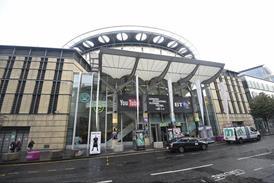




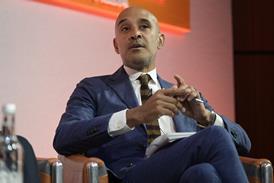
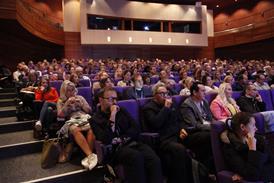

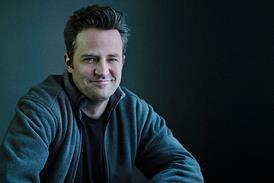
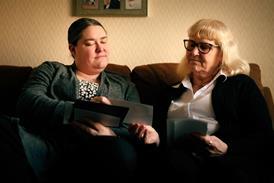
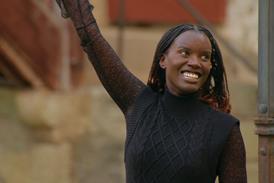
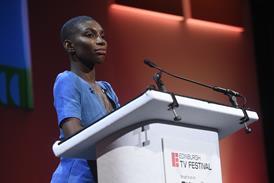
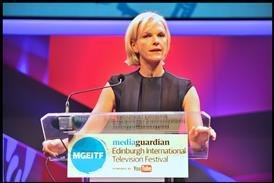
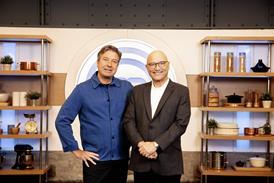
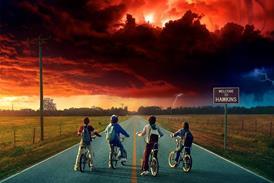
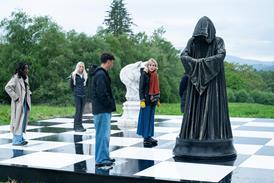

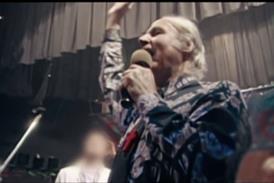





3 Readers' comments